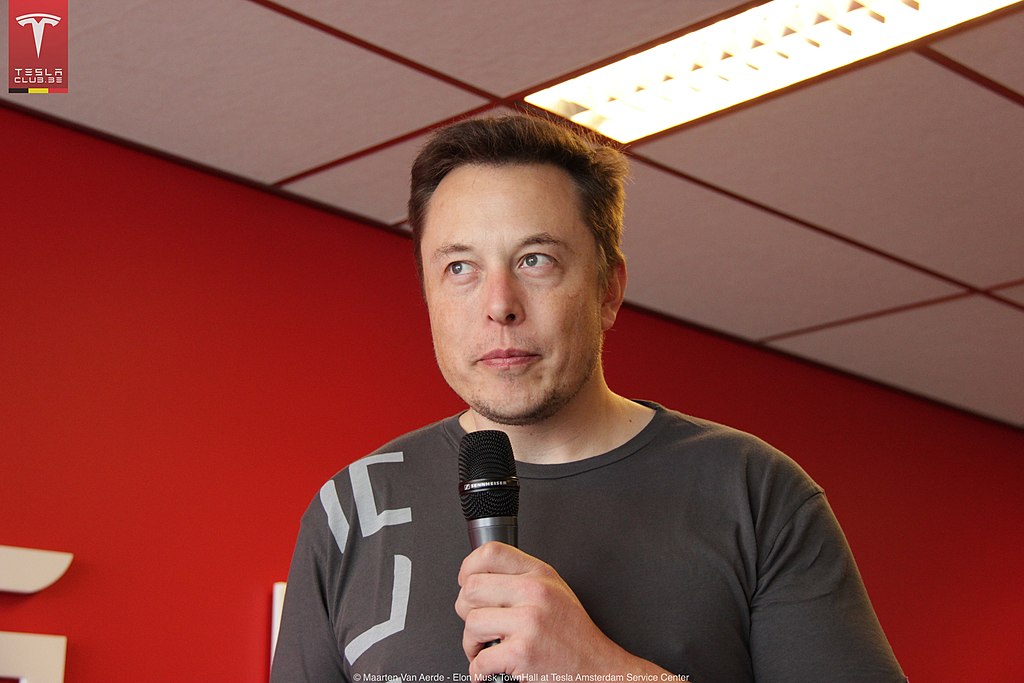A federal judge has scheduled a jury trial for spring 2026 in the high-profile lawsuit brought by Elon Musk against OpenAI and its CEO, Sam Altman. The case, which stems from a dispute over OpenAI’s evolution from a nonprofit research lab into a for-profit powerhouse, promises to test the legal and ethical boundaries of corporate transformation in the artificial intelligence sector.
Musk filed the suit in early 2024, accusing OpenAI of abandoning its founding mission to develop artificial general intelligence (AGI) for the benefit of humanity. He claims that the company’s current trajectory—marked by exclusive licensing deals, closed-source models, and massive investment rounds—violates the principles on which it was originally established. Musk, who co-founded OpenAI in 2015 but exited the organization in 2018, is seeking judicial intervention to force a realignment with its original nonprofit goals.
In response, OpenAI and Altman have denied Musk’s allegations, arguing that their transition to a capped-profit model was necessary to secure the capital and talent required to advance cutting-edge AI safely and competitively. They contend that without this shift, OpenAI would have been unable to match the scale and resources of rivals like Google DeepMind or Anthropic.
The judge’s decision to move the case toward a jury trial adds a new level of gravity to the dispute, which has captivated the tech industry and stirred public debate about AI governance. Legal analysts note that the trial could establish important precedents for how courts interpret founding charters, fiduciary duty, and mission alignment in rapidly evolving tech sectors.
Beyond the courtroom, the case reflects a broader philosophical divide within the AI world—between those who believe AI should remain open and universally beneficial, and those who argue that commercial models are essential to progress and safety. With Musk’s global profile and OpenAI’s pivotal role in shaping generative AI, the trial is likely to have wide-reaching implications for the future of AI development, transparency, and accountability.
As preparations for the 2026 trial begin, both sides are expected to face mounting scrutiny—not just from legal observers, but from regulators, researchers, and a public increasingly aware of the stakes surrounding advanced AI.


